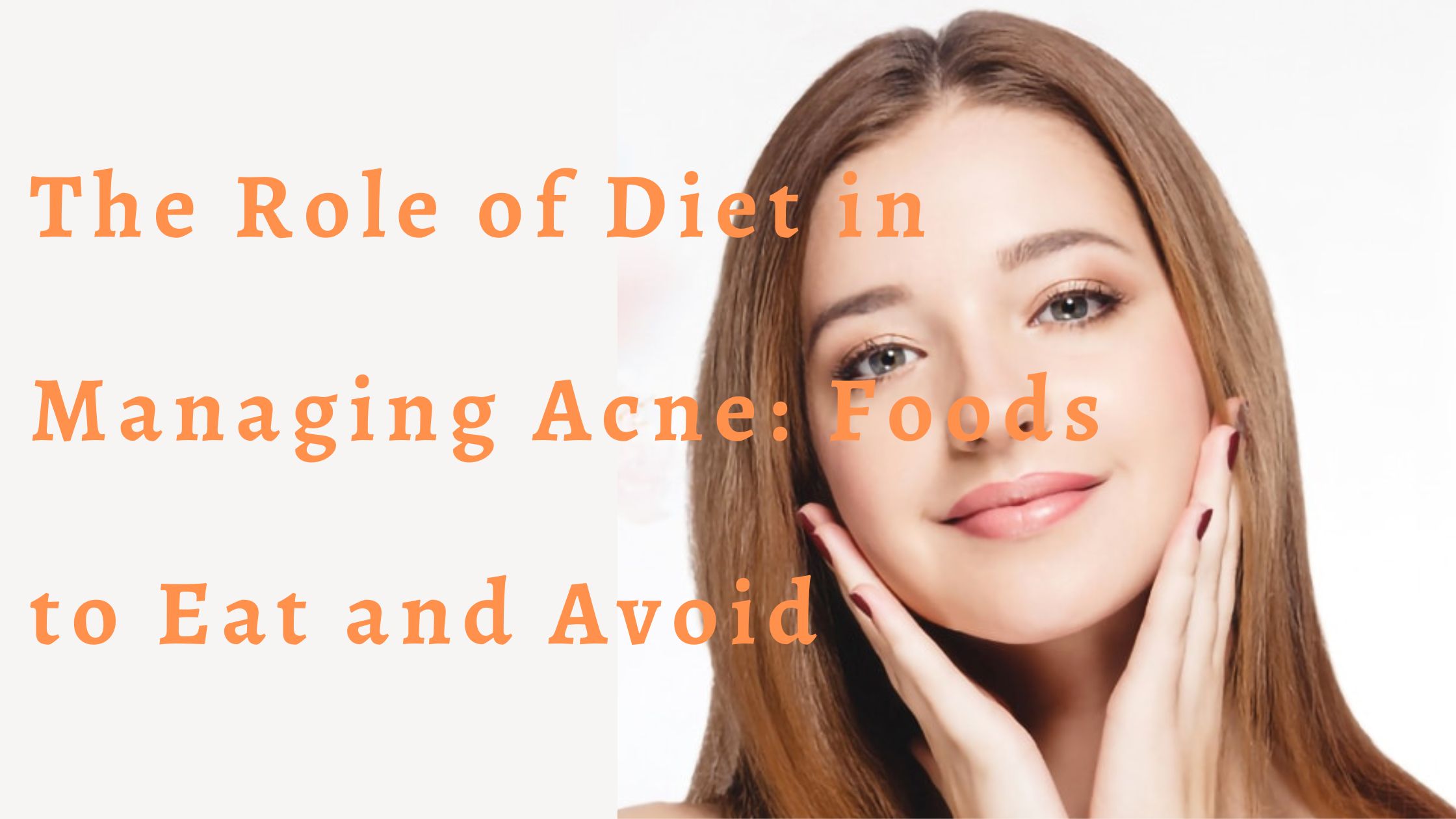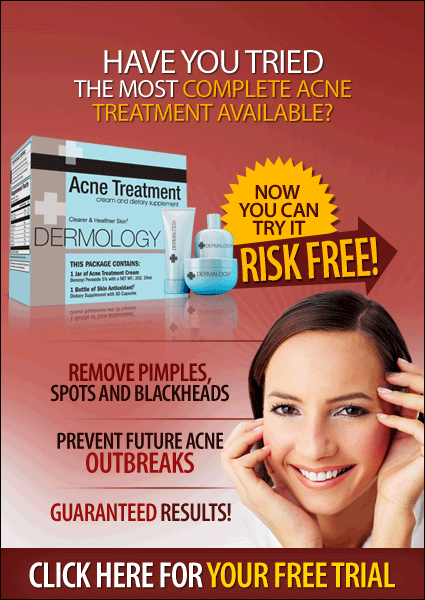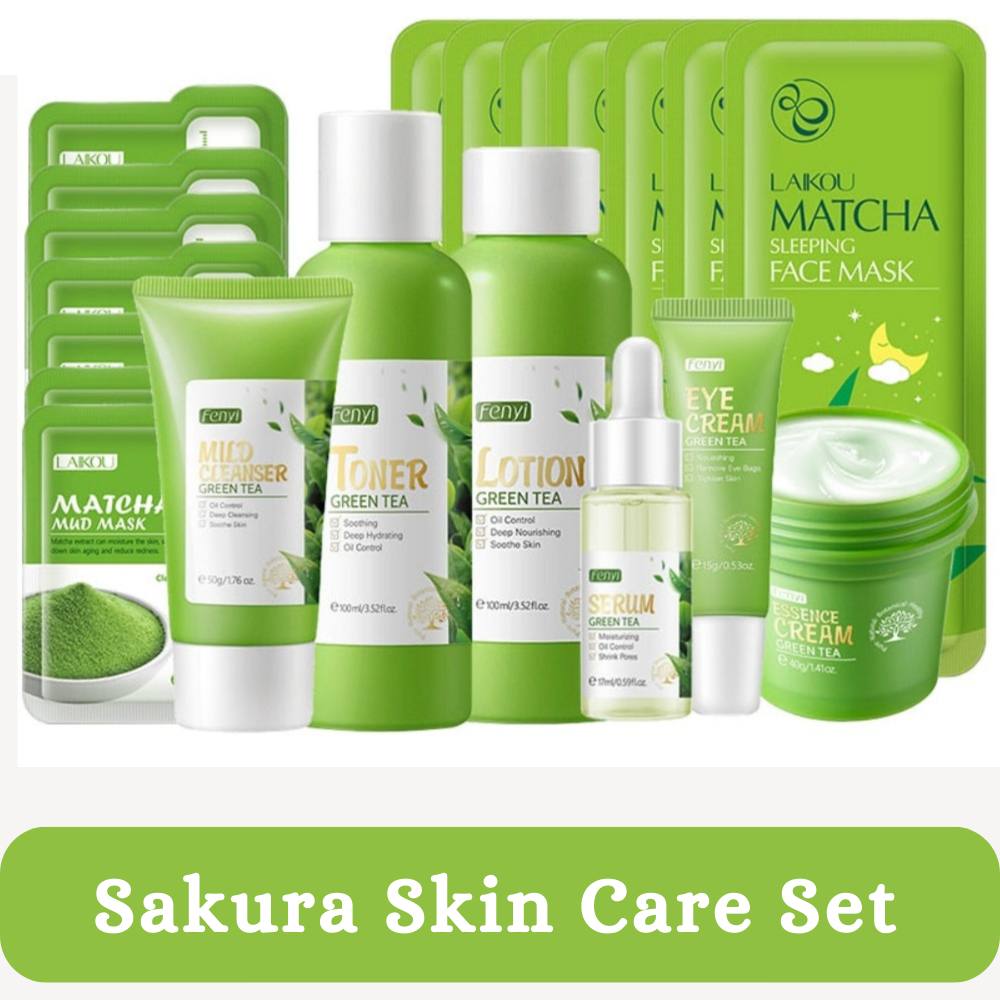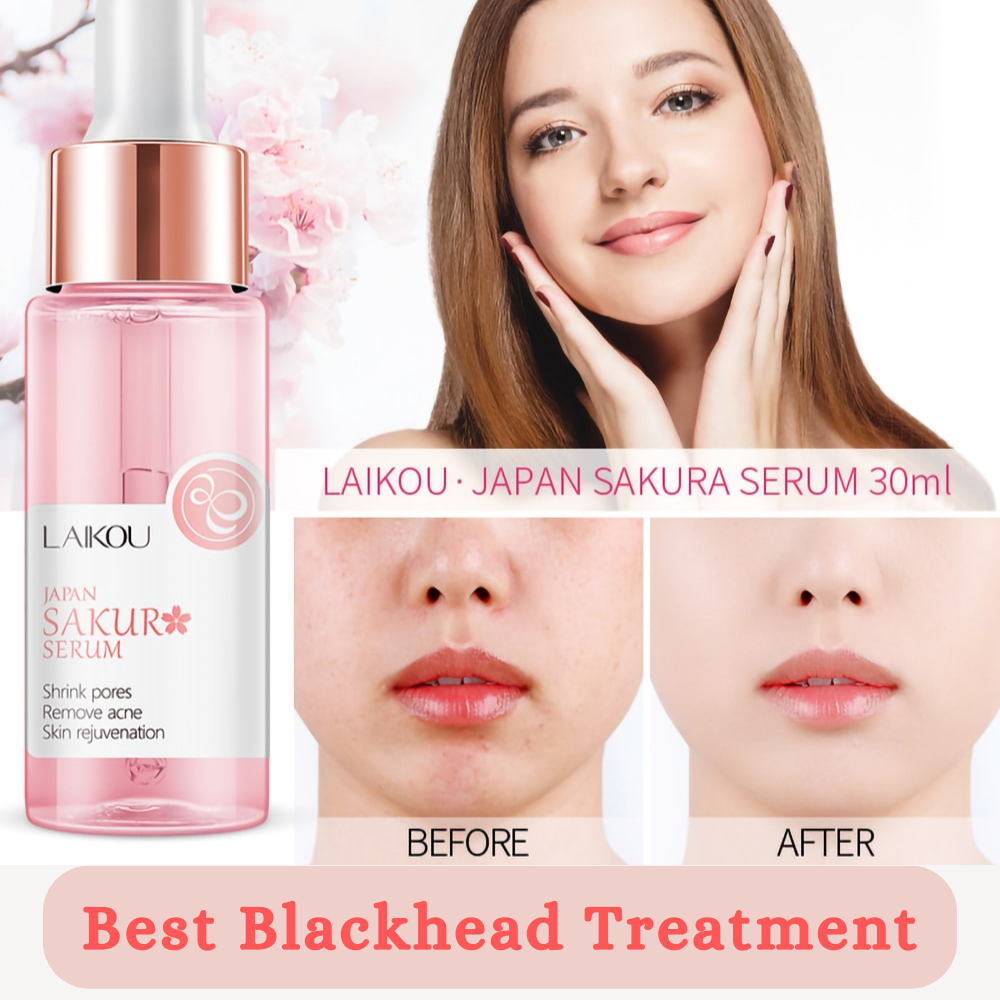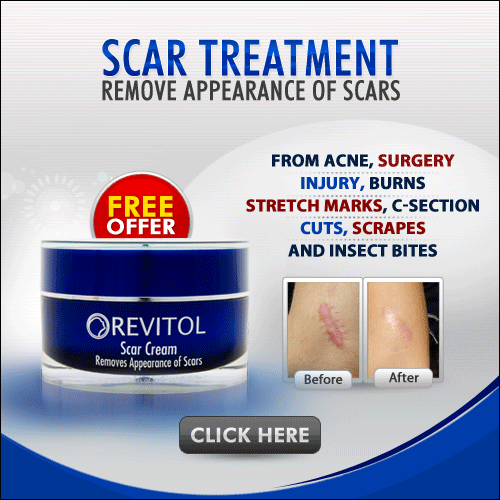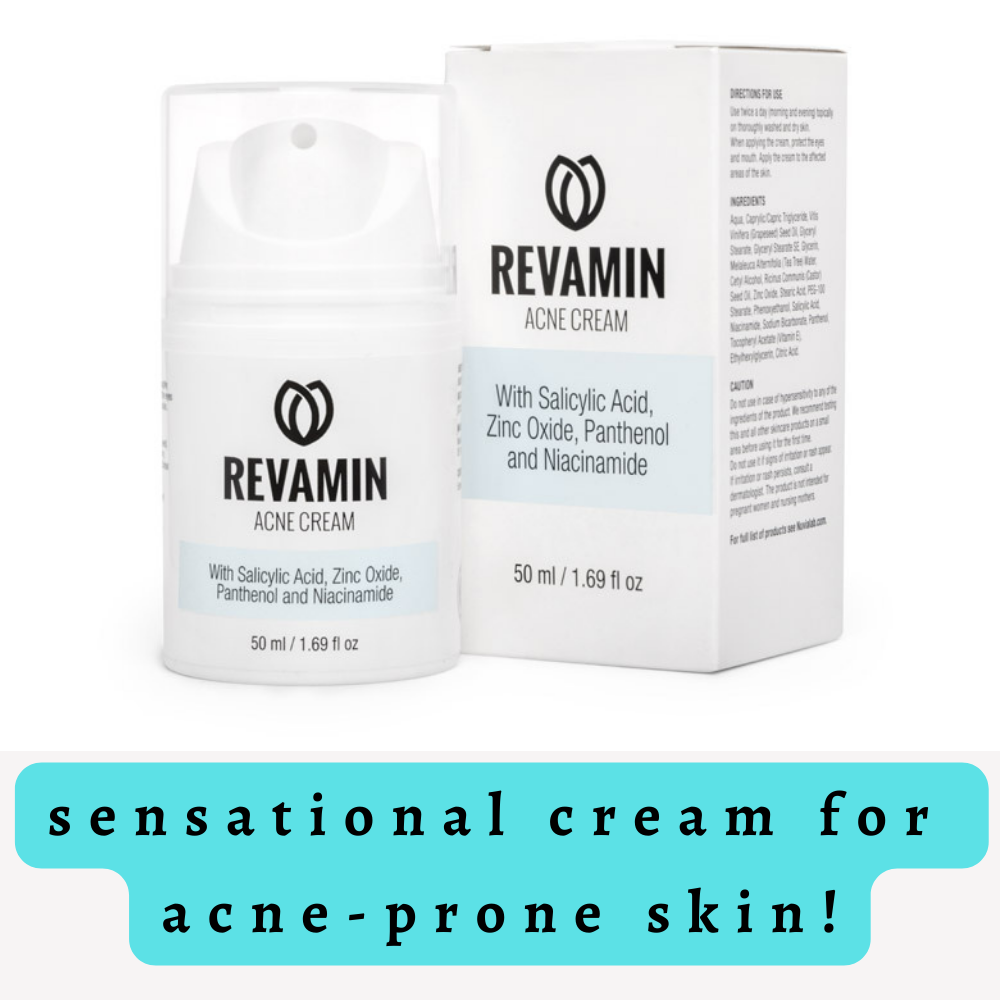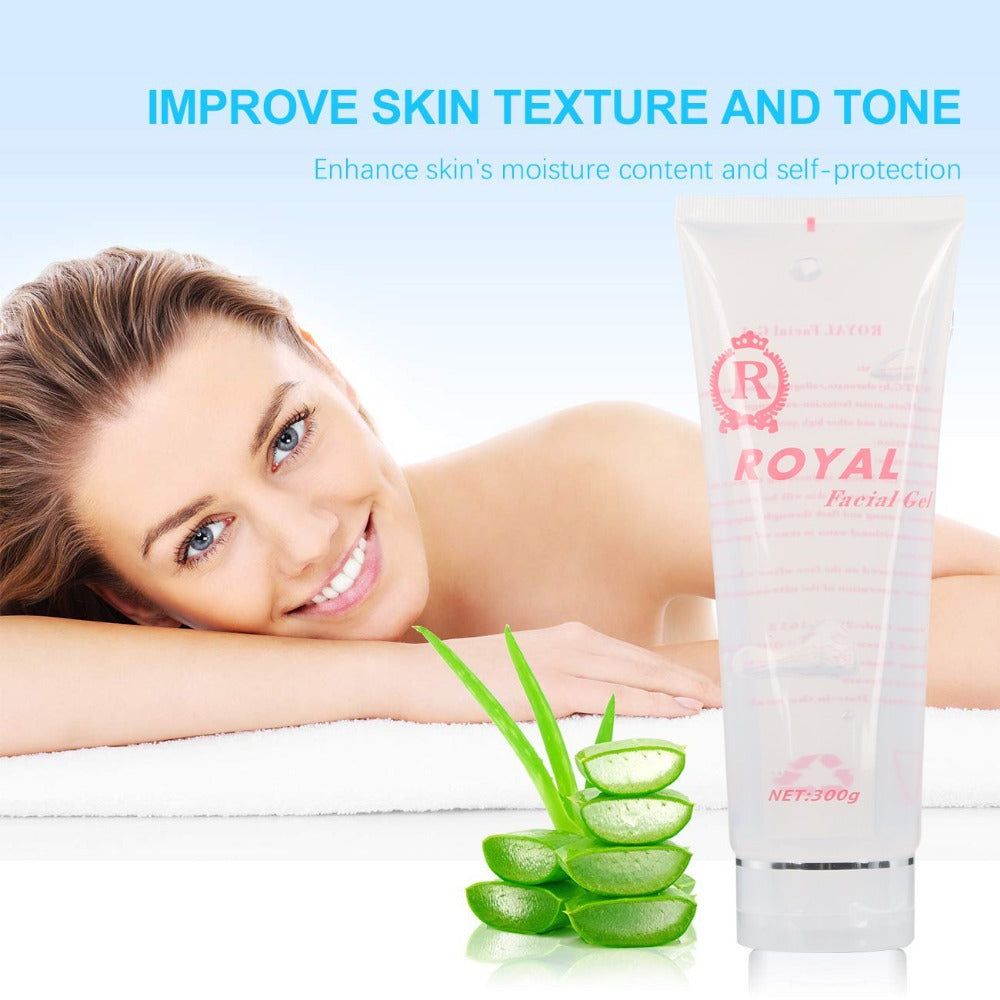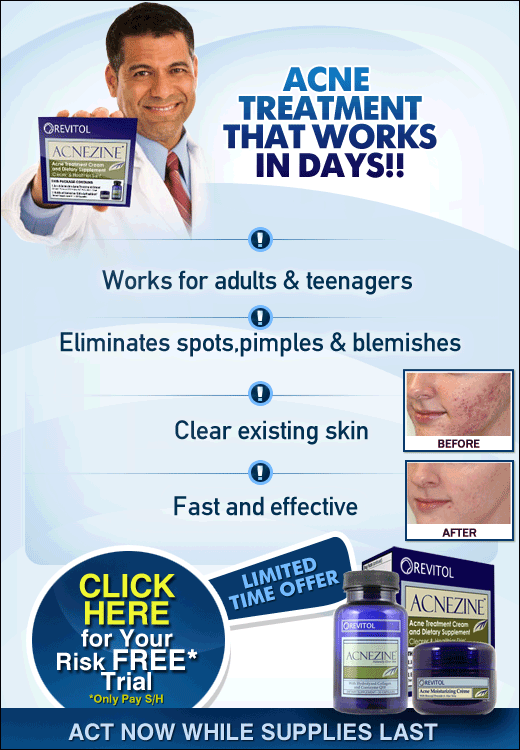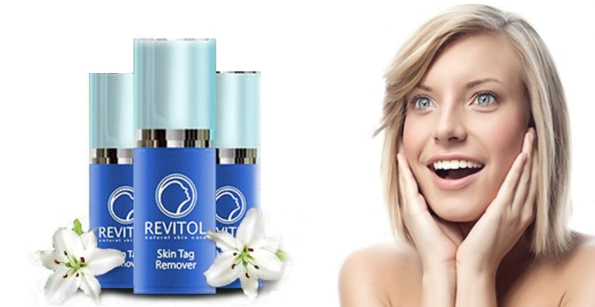Acne is a common skin condition that affects millions of individuals worldwide. Understanding its definition, prevalence, and impact on individuals is crucial in recognizing the significance of diet in managing acne effectively.
Definition Of Acne
Acne refers to a skin disorder characterized by the formation of pimples, blackheads, whiteheads, and cysts. It typically occurs when hair follicles become clogged with oil and dead skin cells, leading to inflammation and the appearance of lesions on the skin.
Prevalence And Impact Of Acne On Individuals
Acne is a widespread condition that affects people of all ages, but it is most commonly associated with adolescents and young adults. It can have a significant impact on an individual’s physical appearance, self-esteem, and overall well-being. Many individuals experience emotional distress and social difficulties as a result of acne, highlighting the need for effective management strategies.
The Significance Of Diet In Managing Acne
In recent years, research has shed light on the relationship between diet and acne. While it is not the sole cause of acne, evidence suggests that certain dietary factors can influence the development and severity of breakouts. Understanding the role of diet in managing acne is essential for individuals seeking to improve their skin health and reduce the occurrence of acne lesions. By adopting a targeted dietary approach, individuals can potentially mitigate the symptoms and severity of acne, leading to improved overall skin health and quality of life.
Understanding Acne
Acne is a complex skin condition influenced by various factors. By delving into the causes of acne, including hormonal factors, excess sebum production, clogged pores, and inflammation, we can gain a deeper understanding of this condition.
Causes of acne
Acne arises from a combination of factors that contribute to the development of skin blemishes and lesions. These causes include:
- Hormonal factors: Hormonal changes, particularly during puberty, can trigger acne. Fluctuations in hormone levels, such as increased androgen production, can stimulate the sebaceous glands to produce more oil, leading to clogged pores and acne formation.
- Excess sebum production: Sebaceous glands located within the skin produce sebum, an oily substance that helps lubricate and protect the skin. However, when these glands overproduce sebum, it can mix with dead skin cells and bacteria, resulting in clogged pores and the formation of acne lesions.
- Clogged pores: When the hair follicles become clogged with a combination of excess sebum, dead skin cells, and bacteria, it creates an ideal environment for the development of acne. The clogged pores can lead to the formation of blackheads, whiteheads, pimples, and even more severe forms like nodules or cysts.
- Inflammation: Inflammation plays a significant role in acne development. When the pores are clogged, bacteria can multiply and trigger an immune response, leading to redness, swelling, and the characteristic inflammatory lesions associated with acne.
Understanding these underlying causes of acne is crucial for implementing effective management strategies. By targeting these factors, individuals can take proactive steps to prevent and treat acne, promoting clearer and healthier skin.
The Link Between Diet and Acne
Research has explored the connection between diet and acne, revealing both supporting evidence and conflicting findings. Understanding the potential mechanisms through which diet can influence acne, such as its impact on hormones, sebum production, and inflammation, provides valuable insights into the relationship between what we eat and the health of our skin.
Research on diet and acne
- Supporting studies: Numerous studies have indicated a correlation between diet and acne. Some research suggests that certain dietary factors, such as high glycemic index (GI) foods, dairy products, and diets rich in processed and fried foods, may contribute to acne development or exacerbate existing acne. These studies provide valuable evidence linking specific dietary patterns to the occurrence and severity of acne.
- Conflicting findings and limitations: While there is supporting evidence, conflicting findings and limitations exist in the research on diet and acne. Some studies fail to establish a significant association between diet and acne, highlighting the complex nature of the condition and the need for further investigation. Additionally, limitations such as small sample sizes, variations in study design, and individual variations in responses to dietary factors can contribute to conflicting findings.
Potential Mechanisms
- Influence of diet on hormones: Diet can influence hormone levels, which in turn impact acne development. Certain foods, such as those with a high glycemic index, can cause a rapid increase in blood sugar levels and trigger a hormonal response that promotes sebum production and inflammation. Moreover, dietary factors like dairy products may contain hormones that can disrupt the balance of hormones in the body, potentially contributing to acne.
- Impact of diet on sebum production: Sebum production, controlled by the sebaceous glands, plays a crucial role in acne development. Research suggests that certain dietary components, such as saturated fats and trans fats, can increase sebum production, leading to clogged pores and acne formation. Conversely, a diet rich in omega-3 fatty acids and antioxidants may help regulate sebum production and promote healthier skin.
- Effects of diet on inflammation: Diet can influence the body’s inflammatory response, which plays a significant role in acne. Some foods, such as those high in refined carbohydrates or processed oils, can trigger inflammation in the body. Conversely, a diet rich in anti-inflammatory foods, including fruits, vegetables, and foods containing omega-3 fatty acids, may help reduce inflammation and potentially alleviate acne symptoms.
By understanding these potential mechanisms, individuals can make informed dietary choices to support clearer skin and manage acne more effectively. While the research landscape is evolving, recognizing the impact of diet on hormones, sebum production, and inflammation provides valuable insights into the complex relationship between diet and acne.
Diet for Clearer Skin
Maintaining a diet that promotes healthier skin can be instrumental in managing acne and achieving clearer skin. Incorporating foods rich in antioxidants, anti-inflammatory properties, and hormone-balancing nutrients can provide the necessary support for skin health. Here are some examples of such foods:
Foods that promote healthier skin
Antioxidant-rich foods:
- Berries: Blueberries, strawberries, and raspberries are packed with antioxidants that help combat free radicals and reduce inflammation, potentially benefiting acne-prone skin.
- Dark leafy greens: Spinach, kale, and Swiss chard are excellent sources of antioxidants, vitamins, and minerals that contribute to overall skin health and vitality.
- Citrus fruits: Oranges, lemons, and grapefruits are abundant in vitamin C, which aids in collagen production and helps maintain the skin’s elasticity and resilience.
Foods with anti-inflammatory properties:
- Fatty fish: Salmon, mackerel, and sardines are rich in omega-3 fatty acids, which have anti-inflammatory properties. Consuming these fish can help reduce inflammation and potentially alleviate acne symptoms.
- Turmeric: This spice contains a compound called curcumin, known for its potent anti-inflammatory effects. Adding turmeric to dishes or enjoying turmeric tea can help reduce inflammation within the body.
- Green tea: Green tea is a source of antioxidants and polyphenols that possess anti-inflammatory properties. Regular consumption of green tea may help reduce inflammation and promote clearer skin.
Hormone-balancing foods:
- Flaxseeds: Flaxseeds are a rich source of lignans, which can help balance hormone levels. Hormonal imbalances can contribute to acne development, and incorporating flaxseeds into the diet may aid in restoring balance.
- Avocado: Avocados provide essential fatty acids that can support hormone production and help maintain hormonal balance within the body.
- Walnuts: Walnuts contain omega-3 fatty acids and antioxidants, which can help regulate hormone levels and promote overall skin health.
By incorporating these foods into one’s diet, individuals can provide their bodies with the necessary nutrients to support clearer, healthier skin. However, it is important to remember that diet alone may not be a cure-all for acne, and a comprehensive approach that includes other lifestyle factors and skincare practices is recommended for effective acne management.
Diet to Avoid for Acne-prone Skin
For individuals with acne-prone skin, certain dietary choices may exacerbate symptoms or contribute to the development of breakouts. By avoiding specific foods known to have negative effects on acne, individuals can support their skin health and potentially reduce the occurrence of acne lesions. Here are some examples of foods to avoid:
High glycemic index (GI) foods:
- White bread: Foods made from refined grains, such as white bread, have a high glycemic index, meaning they cause a rapid increase in blood sugar levels. This spike in blood sugar can trigger hormonal responses that lead to increased sebum production and inflammation, potentially worsening acne.
- Sugary drinks: Beverages like soda, fruit juices, and energy drinks are often loaded with added sugars and have a high glycemic index. Regular consumption of sugary drinks can contribute to insulin spikes, which may exacerbate acne symptoms.
- Potatoes: While potatoes themselves are not inherently unhealthy, consuming them in the form of French fries, potato chips, or other processed potato products can lead to a rapid rise in blood sugar levels, potentially impacting acne-prone skin.
Dairy products:
- Milk: Dairy milk contains hormones that can disrupt the balance of hormones in the body, potentially contributing to acne. Additionally, milk has been found to stimulate the production of insulin-like growth factor 1 (IGF-1), which may increase sebum production and promote inflammation.
- Cheese: Cheese, like milk, contains hormones that can affect hormonal balance and contribute to acne development. Moreover, the high-fat content in some types of cheese may also impact sebum production and inflammation.
- Yogurt: Although yogurt can be a source of probiotics and beneficial bacteria, certain types of yogurt, particularly those with added sugars or flavorings, can be problematic for acne-prone skin. The added sugars and potential hormonal effects of dairy yogurt may exacerbate acne symptoms.
Processed and fried foods:
- Fast food: Fast food often contains high amounts of unhealthy fats, refined carbohydrates, and additives that can trigger inflammation and negatively impact overall skin health. Regular consumption of fast food may contribute to acne breakouts.
- Chips: Snack foods like potato chips are typically high in unhealthy fats, refined carbohydrates, and salt. These factors can disrupt hormonal balance, promote inflammation, and potentially worsen acne symptoms.
- Cookies: Cookies and other baked goods often contain refined sugars, unhealthy fats, and artificial additives, which can contribute to inflammation and have negative effects on skin health.
By avoiding these dietary culprits, individuals with acne-prone skin can minimize potential triggers and support their skin’s overall well-being. However, it’s important to remember that the impact of diet on acne can vary among individuals, and it’s best to work with a healthcare professional or dietitian to personalize dietary recommendations for optimal results.
The Importance of Healthy Eating Habits
Maintaining healthy eating habits is essential for overall well-being, including the management of acne. By focusing on balancing macronutrients, staying adequately hydrated, and limiting the consumption of processed foods, individuals can support their skin health and promote a more balanced internal environment.
Balancing macronutrients:
Achieving a balance of macronutrients, namely carbohydrates, proteins, and fats, is crucial for optimal health, including skin health. Here’s a breakdown of their importance:
- Carbohydrates: Opt for complex carbohydrates like whole grains, legumes, and vegetables, which provide sustained energy and a steady release of glucose. Avoid refined carbohydrates, as they can cause blood sugar spikes, potentially impacting hormone levels and sebum production.
- Proteins: Include lean sources of protein, such as poultry, fish, tofu, or legumes, in your diet. Protein is essential for tissue repair and regeneration, which can aid in the healing of acne lesions and support overall skin health.
- Fats: Incorporate healthy fats from sources like avocados, nuts, seeds, and fatty fish. These fats provide essential fatty acids that help maintain the integrity of cell membranes and support skin barrier function.
Adequate hydration and water intake:
Staying hydrated is crucial for healthy skin. Water helps flush out toxins, maintain skin hydration, and support overall bodily functions. Aim to drink an adequate amount of water daily and listen to your body’s thirst signals. Adequate hydration can promote healthier skin by keeping it supple, reducing the risk of clogged pores, and supporting the natural detoxification processes.
Limiting processed food consumption:
Processed foods often contain additives, unhealthy fats, refined sugars, and artificial ingredients that can negatively impact overall health, including skin health. Limiting the consumption of processed foods helps reduce the intake of potential acne triggers and inflammatory agents. Instead, focus on whole, unprocessed foods like fruits, vegetables, lean proteins, and whole grains, which provide essential nutrients and antioxidants beneficial for skin health.
By embracing healthy eating habits that prioritize balanced macronutrients, adequate hydration, and whole, unprocessed foods, individuals can support their skin’s health and potentially reduce the occurrence of acne. Remember that each person’s dietary needs may vary, so it’s beneficial to consult with a healthcare professional or dietitian for personalized guidance tailored to your specific situation.
Personalizing Your Diet for Acne Management
When it comes to managing acne through diet, personalization is key. Each individual may respond differently to certain foods, and identifying specific triggers can be instrumental in creating a tailored dietary approach. Here are some strategies to help personalize your diet for acne management:
Keeping a food diary:
Keeping a detailed food diary can help you identify patterns between your diet and acne breakouts. Record the foods you consume and any noticeable changes in your skin. Be sure to include information about the types of foods, portion sizes, and preparation methods. Over time, this record can help you pinpoint potential trigger foods that may be exacerbating your acne.
Identifying potential trigger foods:
By reviewing your food diary, you can start to identify potential trigger foods that may be contributing to your acne. Look for patterns or correlations between the consumption of certain foods and subsequent breakouts. Common trigger foods for acne-prone individuals may include high glycemic index foods, dairy products, processed foods, and foods high in unhealthy fats. However, it’s important to note that trigger foods can vary from person to person, so it’s crucial to focus on your individual experiences.
Seeking guidance from healthcare professionals or dietitians:
For a more comprehensive and personalized approach, it is advisable to seek guidance from healthcare professionals or registered dietitians who specialize in skin health and nutrition. They can provide expert advice, review your food diary, and help you create a customized diet plan tailored to your specific needs and goals. They may also consider other factors such as underlying health conditions, medications, and lifestyle factors that could impact your acne management.
Healthcare professionals and dietitians can offer evidence-based recommendations and help you navigate the complex relationship between diet and acne. They can also provide guidance on nutrient deficiencies, supplementation if necessary, and other lifestyle modifications that can support your overall skin health.
Remember, personalized dietary modifications for acne management should be done in conjunction with other recommended treatments and lifestyle adjustments. By taking a holistic approach and working closely with healthcare professionals, you can develop a personalized diet plan that supports your skin health and contributes to a comprehensive acne management strategy.
Lifestyle Factors and Skincare Routine
In addition to dietary modifications, incorporating certain lifestyle factors and establishing a proper skincare routine are essential components of managing acne effectively. Here are some key considerations:
Regular exercise and stress management:
Regular physical exercise can contribute to overall well-being, including healthier skin. Engaging in exercise helps improve blood circulation, promotes detoxification through sweating, and reduces stress levels. Stress reduction is particularly important, as stress can trigger hormonal imbalances that may exacerbate acne. Incorporating activities like yoga, meditation, or deep breathing exercises can aid in stress management and contribute to clearer skin.
Establishing a proper skincare regimen:
Maintaining a consistent and appropriate skincare routine is crucial for acne management. Consider the following steps:
- Using gentle cleansers: Cleanse your skin twice a day, using a gentle, non-abrasive cleanser specifically formulated for acne-prone skin. Avoid harsh soaps or cleansers that can strip away natural oils and irritate the skin. Gently cleanse your face with clean hands or a soft cloth, avoiding scrubbing or excessive friction.
- Choosing non-comedogenic moisturizers: Even if you have oily or acne-prone skin, it’s important to moisturize. Look for non-comedogenic moisturizers that won’t clog pores or exacerbate acne. These products are designed to hydrate the skin without causing breakouts. Applying a moisturizer after cleansing helps maintain skin hydration and protects the skin barrier.
- Applying sunscreen for protection: Protecting your skin from the sun is crucial, as sun exposure can worsen acne and lead to post-inflammatory hyperpigmentation. Use a broad-spectrum sunscreen with at least SPF 30 and apply it generously to all exposed areas of your skin, regardless of weather conditions or time of year. Opt for oil-free, non-comedogenic sunscreen to prevent pore blockage.
It’s important to note that skincare routines may vary depending on individual skin types and specific needs. If you’re unsure about the most suitable products or methods for your skin, consult with a dermatologist or skincare professional who can provide personalized recommendations.
By incorporating regular exercise, stress management techniques, and a proper skincare routine, individuals can complement their dietary efforts in managing acne and promoting healthier skin. Remember, consistency and patience are key, as it may take time to see noticeable improvements.
Conclusion
Diet plays a significant role in the management of acne. Various factors, such as hormonal imbalances, excess sebum production, clogged pores, and inflammation, contribute to the development of acne. Research has shown a link between diet and acne, although findings may sometimes be conflicting or limited.
Certain foods can promote healthier skin by providing antioxidants, anti-inflammatory properties, and supporting hormonal balance. Examples include antioxidant-rich foods like berries, dark leafy greens, and citrus fruits; foods with anti-inflammatory properties like fatty fish, turmeric, and green tea; and hormone-balancing foods like flaxseeds, avocado, and walnuts.
Conversely, some foods should be avoided by individuals with acne-prone skin. High glycemic index foods like white bread, sugary drinks, and potatoes can contribute to hormonal imbalances and inflammation. Dairy products, such as milk, cheese, and yogurt, may also affect hormonal balance and sebum production. Processed and fried foods, including fast food, chips, and cookies, can worsen inflammation and skin health.
Encouragement for a holistic approach to acne management:
Managing acne should not solely focus on diet. A holistic approach that incorporates multiple factors is essential. Alongside dietary modifications, individuals should consider lifestyle factors such as regular exercise and stress management. Exercise improves blood circulation, reduces stress, and contributes to overall skin health.
Establishing a proper skincare routine is equally important. Using gentle cleansers, non-comedogenic moisturizers, and applying sunscreen for protection helps maintain skin hygiene, hydration, and prevents sun damage.
It’s crucial to personalize acne management strategies based on individual needs. Keeping a food diary, identifying potential trigger foods, and seeking guidance from healthcare professionals or dietitians can provide valuable insights and recommendations tailored to specific circumstances.
FAQs:
Can changing my diet alone completely clear up my acne?
Diet alone may not completely clear up acne, but it can play a significant role in managing it by reducing inflammation, supporting hormonal balance, and improving overall skin health. A holistic approach that includes dietary modifications, lifestyle changes, and proper skincare practices is recommended for optimal results.
How long does it take to see improvements in acne after modifying my diet?
The timeframe for seeing improvements in acne varies. It may take weeks or months to notice significant changes. Consistency and patience are key factors in allowing your body to adjust and for improvements to become visible.
Do certain foods directly cause acne breakouts?
While some foods may contribute to acne breakouts, the relationship between diet and acne is complex and varies among individuals. Common trigger foods include high glycemic index foods, dairy products, and processed or fried foods. However, individual responses to specific foods can differ.
Are there universally beneficial foods for improving skin health?
While no one-size-fits-all foods guarantee improved skin health, some generally beneficial options include antioxidant-rich foods like berries, dark leafy greens, and citrus fruits. Anti-inflammatory foods such as fatty fish, turmeric, and green tea can help reduce inflammation, and hormone-balancing foods like flaxseeds, avocado, and walnuts can support hormonal equilibrium.
Can I continue using acne medication while modifying my diet?
Yes, it is generally safe to continue using acne medication while modifying your diet for acne management. Dietary changes can complement the effects of medication and support overall skin health. Consult your healthcare professional or dermatologist for personalized guidance and any necessary adjustments to your medication regimen.

